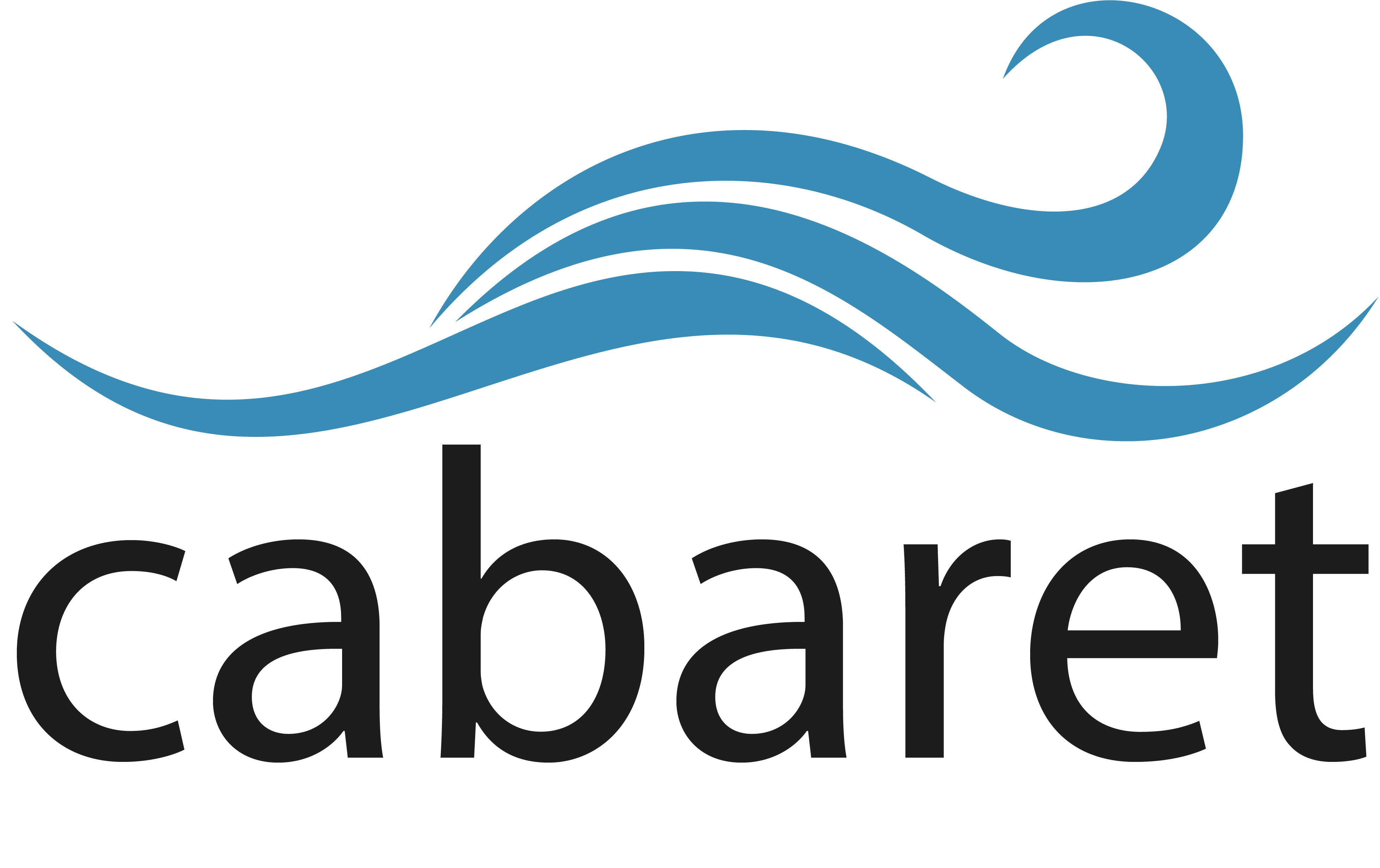News
Members from the Huddersfield University published three papers at the ASCENT Festival held in Sri Lanka. Its book of abstracts has been published recently and following papers can be found:
Role of the National Governance in Disaster Preparedness in Sri Lanka by Kinkini Hemachandra, Dilanthi Amaratunga, Richard. Haigh - Paper id:106 (page 60)
Identification of Capacity gaps in Multi-Hazard Early Warning in Asia by Kinkini Hemachandra, Richard Haigh, Dilanthi Amaratunga - Paper id:93 (page 83)
Technical, Legal and Socio-Cultural Complexities Involved in Communicating Coastal Based Multi-Hazard Early Warning to Jurisdictional Agencies and Response Partners by
Dilanthi Amaratunga, R. Haigh Kinkini Hemachandra Paper - id:120 (page 102-103)
https://www.dropbox.com/s/d21e8sr4spz3e82/ASCENTabstractBOOKVF.pdf?dl=0
A guest lecture called “Multihazards early warning systems – can they save human lives?” was invited to be presented by me during the second day of the International Festival entitled “Hello-Health” which took place at Plovdiv on 21 and 22 April, 2018. The presentation was in Bulgarian and around 100 participants were attended covering a very broad professional profile – ecologists, physicians, people with interests of healthy behavior, etc.
In 1989, the United Nations General Assembly designated the second Wednesday of October as the International Day for Natural Disaster Reduction, as an annual activity of International Decade for Natural Disaster Reduction, 1990-1999. Later in 2009, 13th October has been reserved to commemorate the day with a change of name as International Day for Disaster Reduction.
The aim of this observance day is to raise awareness of how people are taking action to reduce their risk to disasters and to promote a global culture of risk-awareness and disaster reduction. The day also helps to enhance the awareness about the importance of reining in the risks that they face. Hence, the International Day for Disaster Reduction encourages every citizen and government to take part in building more disaster-resilient communities and nations.
With the introduction of “Seven Targets” of the Sendai Framework for Disaster Risk Reduction in year 2016, every year has been allocated a specific theme to commemorate the IDDR.
| Seven Global Targets | |
|
2016 – Target 1: Substantially reduce global disaster mortality by 2030, aiming to lower the average per 100,000 global 2017 – Target 2: Substantially reduce the number of people affected globally by 2030, aiming to lower the average global figure per 100,000 in the decade 2020-2030 compared to the period 2005-2015; mortality rate in the decade 2020-2030 compared to the period 2005-2015; 2018 – Target 3: Reduce direct disaster economic loss in relation to global gross domestic product (GDP) by 2030 2019 – Target 4: Substantially reduce disaster damage to critical infrastructure and disruption of basic services, among them health and educational facilities, including through developing 2020 – Target 5: Substantially increase the number of countries with national and local disaster risk reduction strategies by 2020; their resilience by 2030 2021 – Target 6: Substantially enhance international cooperation to developing countries through adequate and sustainable support to complement their national actions for implementation of the present Framework by 2030 2022 – Target 7: Substantially increase the availability of and access to multi-hazard early warning systems and disaster risk information and assessments to people by 2030. |
|
CABARET project, a project funded by the Erasmus Plus programme of the European Union to enhance capacity building among higher education institutions in Asia, directly related to the aim of the IDDR. Hence, all partners in CABARET, commemorated the International Day for Disaster Reduction on 13th October 2017 in Santander, Spain as a part of their bi-annual training and workshop event.
This year, partners are ready to commemorate the International Day for Disaster Reduction with the theme of Seven Global Target 3: reduce disaster economic losses in relation to global GDP by 2030. They plan to conduct awareness campaigns at their partner institutions.
In an ongoing project supported by the European Union’s Erasmus+ program, De La Salle University researchers facilitated the Capacity Building in Asia for Resilience Education (CABARET) workshop on multi-hazard early warning (MHEW) and resilience building in coastal communities in the University of Peradeniya, Sri Lanka.
The delegation included project Country Coordinator Dr. Marlon Era, Dr. Mario de Leon of the College of Engineering, Dr. Edgar Vallar of the College of Science, and Connie Maraan of the Social Development Research Center (SDRC).



